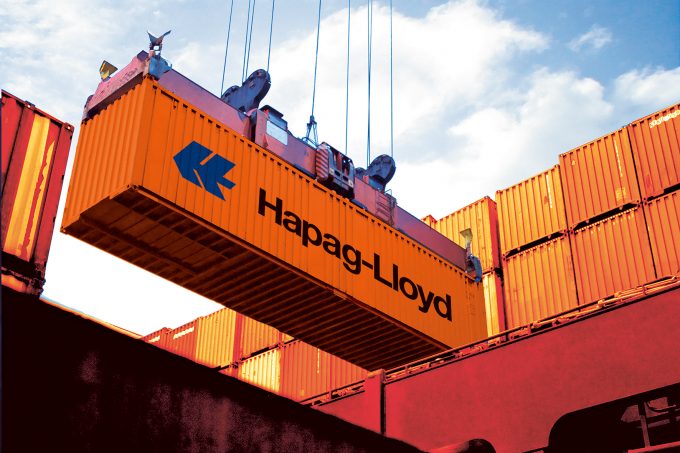'More pronounced' demand slump drives container spot freight rate declines
Container spot freight rates on most of the main shipping trades saw another week of ...

More ships are being held at departure ports in Asia for a week or more, as carriers wrestle with the recovery of their shattered schedules.
They have drawn a blank in their attempts to secure additional capacity to mitigate the impact of port congestion, and are warning shippers to expect more sailings to be delayed.
Hapag-Lloyd CEO Rolf Habben Jansen told customers today the carrier’s fleet was “fully deployed and stretched beyond capacity”.
He added: “Let me assure you that if we can ...
Volcanic disruption at Anchorage could hit transpacific airfreight operations
Macron calls for ‘suspension’ – CMA CGM's $20bn US investment in doubt
Forwarders stay cool as US 'liberation day' tariffs threaten 'global trade war'
Shippers snap up airfreight capacity to US ahead of tariff deadline
De minimis exemption on shipments from China to the US will end in May
Tighter EU import requirements proving 'a challenge' for forwarders
Looming Trump tariffs will create 'a bureaucratic monster' for Customs

Comment on this article